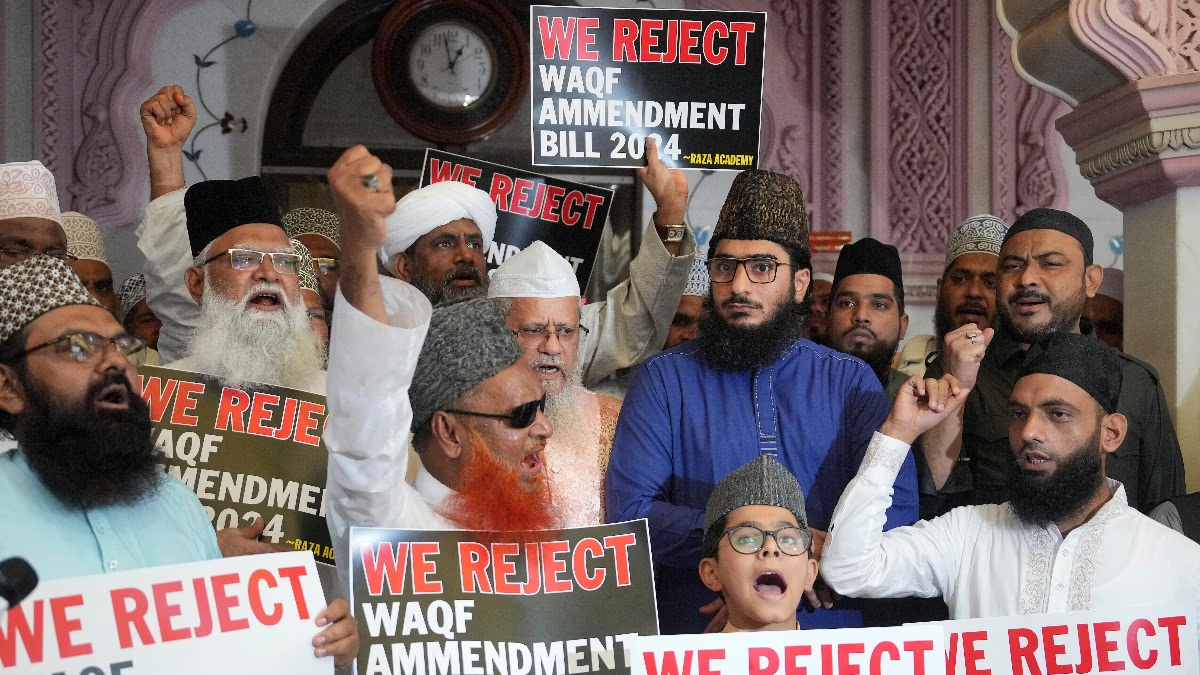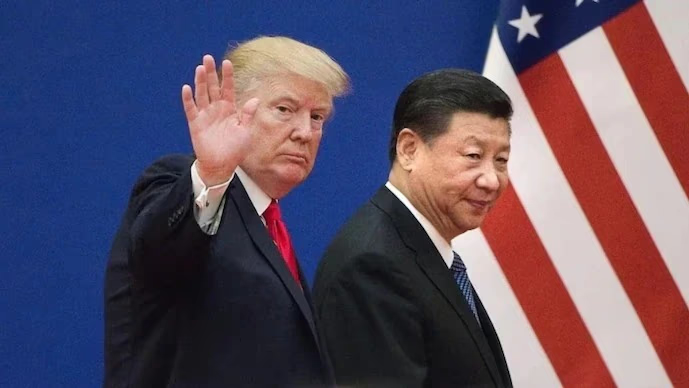The Lok Sabha passed the Waqf Amendment Bill after a vote. Minister Kiren Rijiju introduced the bill on Wednesday at noon, and after a marathon discussion, it received the House's approval around two in the morning. On Thursday, the Rajya Sabha is debating the bill, with arguments being presented both in favor and opposition. The government has introduced several significant changes regarding the formation of waqf boards and the regulation of properties, including the elimination of the longstanding 'Waqf by User' system.
What is Waqf by User?
'Waqf by User' refers to land used as a mosque, imambargah, or cemetery and recognized as waqf property, even if the waqf does not hold its documents. According to new provisions, only properties formally transferred to waqf through written documents or a will are recognized as waqf. Having legal documents with the waqf board is now essential.
Under the former system, properties used by the Muslim community for religious or communal purposes, like mosques or cemeteries, were considered waqf without legal documents or declarations. This practice was part of Islamic law and India's waqf tradition. However, this provision has been removed in the bill passed by the Lok Sabha.
Complaints of Land Seizure
Once the bill becomes law, any land or building used as a mosque or cemetery for years, lacking legal documents with the waqf board, will not be recognized as waqf. New provisions call for district collectors to investigate every waqf property. The waqf board cannot claim land based on mere usage anymore. The government emphasizes this provision, citing past complaints of the waqf board seizing lands without legal documents.
While introducing the bill in the Rajya Sabha, Minister Kiren Rijiju emphasized the need for property documentation. A verbal claim in the name of 'Waqf by User' is no longer acceptable. Previously, properties could be declared waqf based solely on usage. This provision has been removed. Settled cases within 'Waqf by User' or already registered properties remain untouched. Court jurisdiction cannot be abolished because land matters fall under state jurisdiction, not federal.
Land Became Board's with Mere Claims
In the Upper House, BJP MP Dr. Radha Mohan Das Agarwal compared it to movies where villains claim women and they become theirs. Similarly, land became theirs with such claims. 'Waqf by User' was a major tool. Praying on land turned it into waqf board property. The MP mentioned instances in Tamil Nadu where even a 1500-year-old temple was declared waqf property.
Opposing the bill, Congress MP Syed Nasir Hussain accused the government of eyeing properties and wanting to seize them. He questioned where papers for century-old mosques would be found, asserting that property or institutions existing for a long time with religious use should be recognized as waqf. He noted it's not just mosques by user but also temples, churches, and gurudwaras. The government is expected to ask proof for whom?
Muslim organizations and opposition parties are upset about removing this provision, arguing that it threatens the status of mosques and cemeteries, some centuries old, and risks excluding them from waqf property without documentation. This could confiscate worship places from Muslims and potentially increase social tension over religious sites.
Regarding 'Waqf by User,' GPC Committee Chairman Jagdambika Pal said it will become 'Waqf by Deed' requiring registration like other civil properties. It's now mandatory to register such properties on the Vamsi portal within six months, ensuring everyone knows a property is waqf with necessary legal documents. Until now, under Section 40 of the Waqf Act, any property claimed by the board was considered waqf. This practice has been abolished.




